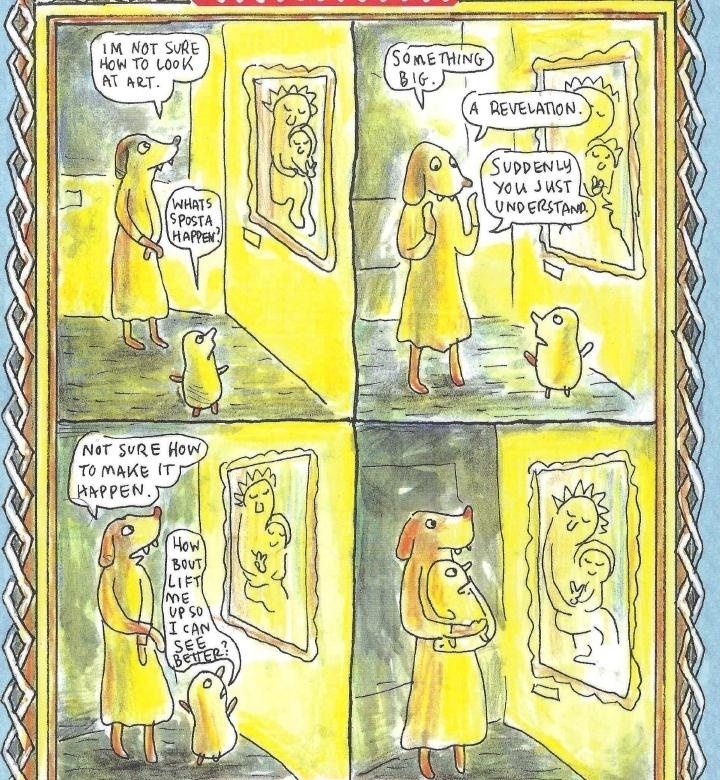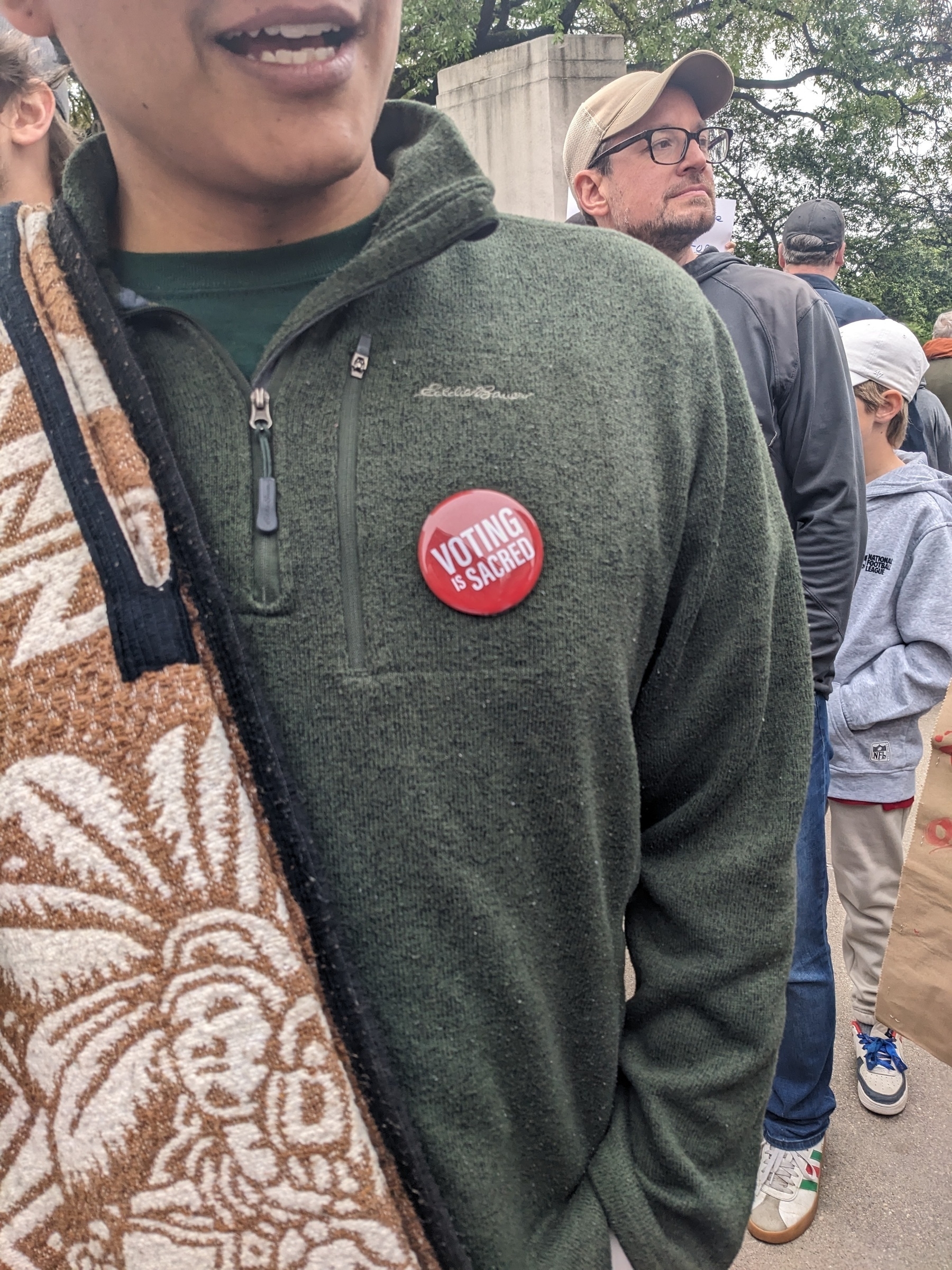Let’s Talk About Sex
“Anora” – a movie about a sex worker and her client – won a bunch of Oscars this year. I haven’t seen it, so I can’t comment on the movie. But it struck me that both the lead actress and the writer/director made a point to express solidarity with sex workers. What might they have been trying to convey? And what did they convey without trying? As with almost all human endeavors, I suspect there were a bunch of motivations, some of which contradict each other.
First, they seem to have been holding up the truth that prostitutes are, indeed, real human beings, not types, and therefore are worthy of respect as humans. Excellent. Count me in.
They may also have been endorsing the idea that prostitution should be freed from old, outworn stigmas that a repressive society traditionally associates with the oldest profession. Maybe they think women and men should be free to provide sex (safely) in exchange for money, especially if the money translates to power that’s traditionally inaccessible to sex workers. This notion views sex as a good or service tradeable for money (aka power), the same as any other commodity.
Here, we part ways, because this misunderstands the right purpose of sex. My understanding that there even is a right purpose of sex necessarily arises from the notion that God, as the giver of the gift that is sex, attaches an intent to it. I hold that God’s intent for sex is to nurture intimacy between the lovers. Undoubtedly, God has additional intentions, such as the gift of children; but here I’m concerned with intimacy. Also, I quite understand that sex certainly can be used as a means to an end, and that’s a very old story (see, e.g., Lysistrata). But that’s not OK in my book. Also, it can be just plain fun. But, it’s meant to be fun that’s shared, ideally with someone you care about.
It’s no accident that at its best, sex is something we do naked. Nakedness is a stripping away of pretense as a way to truly see and be seen by the one you love. Opening our bodies to each other is emphatically not intended as a tool to wield power or extract payment. Using sex for those purposes instrumentalizes sex and commodifies one’s self and one’s partner. It’s the antithesis of nurtured intimacy. (For the same reasons, I don’t like “using” as a verb in this context.)
The “Sex-as-ATM” idea is a manifestation of what Alan Jacobs (@ayjay) calls “Metaphysical Capitalism,” which treats all creation and the entire human condition as elements of a vast market. (See, the discussion of Kant’s view of sex and marriage in this post.)
What’s particularly poignant about viewing sex in this way is that it subverts the humane and tender motivation to understand prostitutes as human beings deserving of respect. I don’t know that many in the “pro-sex-worker” cohort see it, but the idea that our bodies and our intimacies are tradeable commodities is truly, sadly, deeply inhuman.






